The poem Ode to Autumn by John Keats was a famous English Romantic poet. This work was composed on 19 September 1819 and published in 1820 in a volume of Keat’s poetry.
Introduction to John Keats
John Keats was born on 31 October 1795 AD. He was famous as a romantic poet. He received his earliest education at a private school in Enfield run by the Reverend John Clarke. In 1811 he was taken out of school and apprenticed to Thomas Hammond, a surgeon, at Edmonton. He died on 23 February 1821 AD in Rome.
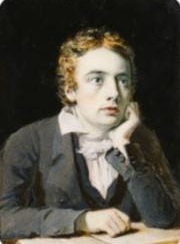
Summary of Ode to Autumn by John Keats
The poem Ode to Autumn is written by the famous romantic writer John Keats. The poem has three eleven-line stanzas which describe a progression through the season, from the late maturation of the crops to the harvest. It is a perfect ode of Keats. It consists of only three stanzas. It utilizes a regular rhyme scheme and meter.
Stanza 1. Ode To Autumn (Poem)
In the first stanza, the poet opens his first stanza by addressing Autumn, describing its plenty and its belonging with the sun. he notes that Autumn and the sun are like best friends clearing how to make fruit grow and how to ripen crops before the harvest. The poet gives us information about the beauty of nature, the warmth of summer, the coolness of winter, and the ripeness and abundance of autumn’s harvest. The poet personifies autumn as a collaborator with nature. he tells us about the bees that think summer can last forever as they buzz around the flowers.
Stanza 2. Ode To Autumn (Poem)
The second stanza describes autumn at work in the fields. The poet tells us about various operations and occupations of the season.In this stanza, the poet wants to say that most of the hard work has already been done, and autumn can just take a nap in the fields, walk across brooks, or watch the making of cider.
Stanza 3. Ode To Autumn (Poem)
In the third stanza, the writer describes the songs of spring. He wants to say that there is no need to think about the songs of spring because these songs and music include images of clouds, harvest fields of sunset, gnats flying around a river, lambs bleating, crickets singing,and birds whistling and twittering. All of the sights and sounds produce a veritable symphony of beauty.
Structure of Ode to Autumn
The poem Ode to Autumn includes ten-line stanzas in iambic pentameter with a rhyme scheme of ababcdecde.
Themes in Ode to Autumn by John Keats
There are many themes in the Ode to Autumn by John Keats poem.
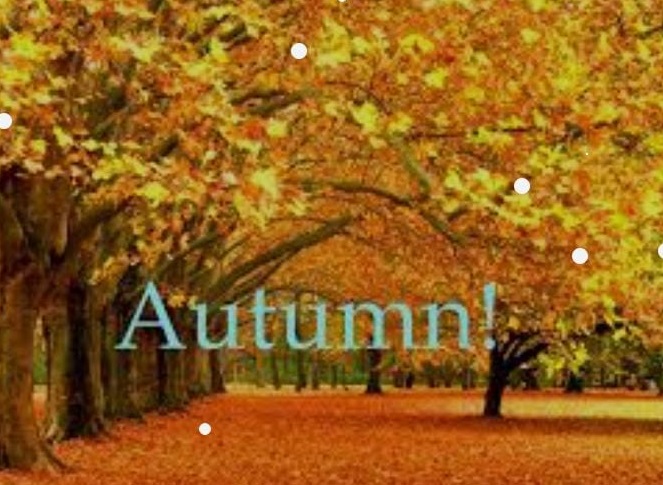
Beauty and Death
The theme of the Ode to Autumn is beauty and death because beauty will never die. The poem is good to autumn and it describes the beauty of autumn.
Power of Nature
The power of nature is also the main theme in this poem. The poet describes the power of nature. It brings its riches to the landscape.
Passage of Time
The passage of time is also an important theme in this poem. The poet describes Autumn as a beautiful, relaxing, and calm time for everyone.
Symbolism in Ode to Autumn
Change and transition, balance and grounding, abundance and preparation, growth and maturation are the symbolism of autumn.
Central idea of Ode to Autumn
The central theme of the poem, An Ode to Autumn, written by John Keats meditates around how the poet appreciates the various aspects of the autumn season. He describes his love for nature and beauty.
Conclusion
In conclusion, we can say that the Ode to Autumn poem is very important because it describes the beauty of the autumn season and also describes the beauty of nature.
More Recent Posts You Might Like
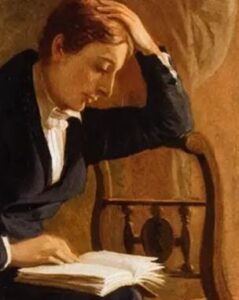
On First Looking into Chapman’s Homer by John Keats
This poem is written by John Keats . This is a critical poem. The poem is a short but beautiful piece of Keats’s genius. It is full of miracles. It can easily be called a ‘tribute to Homer’. Keats is wonder-struck at his determination of the great genius of Homer. The similes used by Keats

To Night by P.B.Shelley
This poem To Night By Percy B Shelley is a short lyric poem “To Night By Percy B Shelley” in which Shelley undertones the melancholy. The poet has no love for sleep and death. He avoids them aside and calls for the night. The poem shows Shelley’s deep love for the night. Being a great

Introduction to ‘Songs of Experience ‘ Summary by William Blake
This poem’s introduction to Songs of Experience summary written by William Blake. This is the most important poem in which Black defines his aims as a poet. He is not a mere singer but also a seer who has his eyes on the complete process of time. He believes that God is calling man to
The Sick Rose Summary by William Blake(2 stanzas)
Complete and Comprehensive The Sick Rose summary by William Blake. This poem is very special poem which is one of the most important poem is written by William Black.This poem is very short which tell us about love that how love is to ruin by selfishness .The poem specially provide Blake’s gift for expressing a
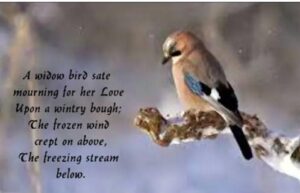
A Widow Bird Sate Mourning For Her Love By Percy Bysshe Shelley(2 stanzas)
Special stanzas of a widow bird sate mourning for her love by Percy Bysshe Shelley are given below: Complete text: A widow bird sate mourning for her loveUpon a wintry bough;The frozen wind crept on above,The freezing stream below. There was no leaf upon the forest bare,No flower upon the ground,And little motion in
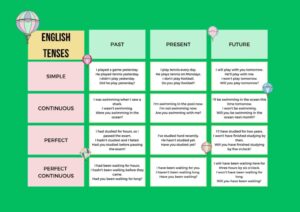
The Present and Past Perfect continuous Tense
In our daily life, we use the present and past perfect continuous tense everywhere so, you need to learn all types of tenses whether present perfect continuous or past perfect continuous tense so, I have explained all these tenses with many examples: The Present Perfect Continuous Tense. Instructions. We use the present perfect continuous tense

1 thought on “Ode to Autumn by John Keats (with 3 stanzas)”